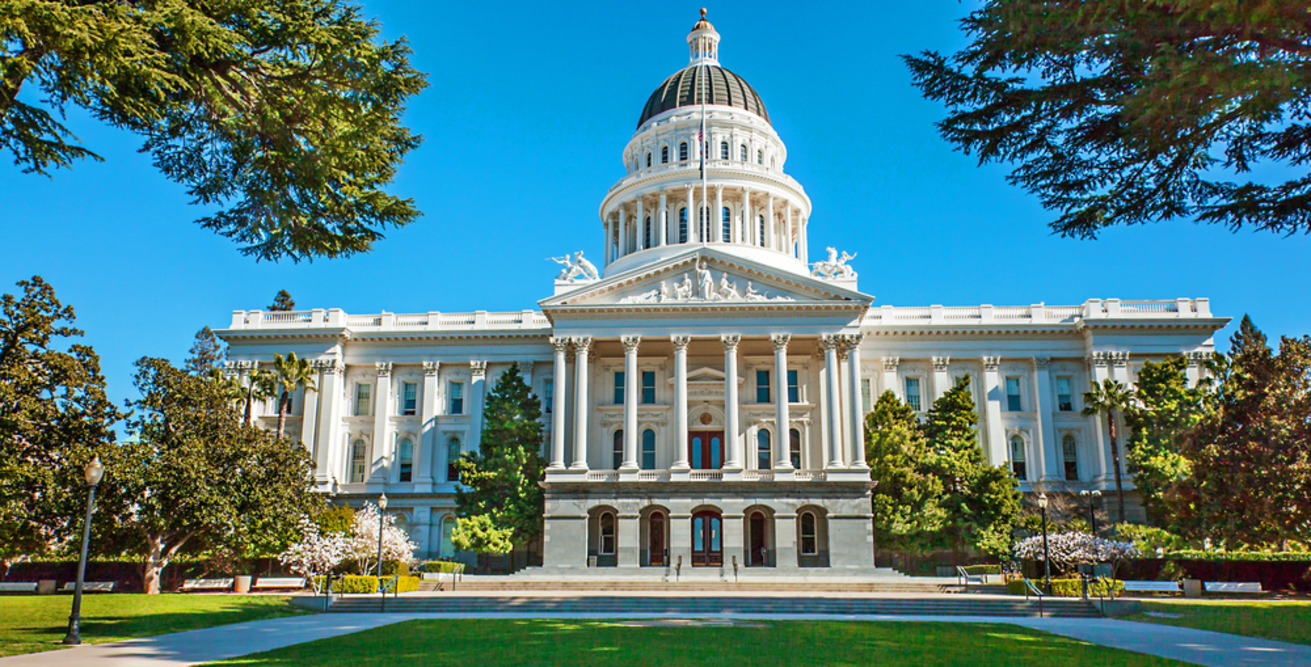In a recent emotional session, California’s legislative assembly witnessed a heated debate over a proposed reparations bill, SB 1331, which aims to address historical injustices faced by African Americans. The bill, inspired by recommendations from the state’s reparations task force, has stirred a significant discussion about the financial implications and the moral responsibilities of reparations.
Key arguments from the legislative debate
Assemblywoman Kate Sanchez, a Republican, voiced strong opposition to the bill, arguing that imposing financial burdens on nonwhite residents, who constitute over half of California’s population, is unfair. Sanchez highlighted that many of these communities, including Latinos and Asians, were not involved in the historical injustices of slavery, discrimination, or Jim Crow laws. She emphasized the unprecedented tax increases necessary to fund the reparations, which economists estimate could exceed $800 billion.
Contrasting Sanchez’s viewpoint, Democratic Assemblyman Ash Kalra delivered a poignant speech advocating for the necessity of reparations. Kalra, the first Indian American elected to California’s state legislature, tearfully recounted the long term economic and social injustices endured by Black families. He argued that the prosperity of the United States was built on the exploitation and free labor of African descendants, underscoring the need for legislative acknowledgment and reparative action.
Potential forms of reparations
According to State Sen. Steven Bradford, the bill’s author, reparations could include various forms, not limited to monetary compensation. Proposals such as free health care and college tuition are also being considered as part of a comprehensive reparative package.
The debate continues as the bill progresses through the legislative process, with it being one of four reparations bills that have successfully passed the committee stage thus far.
This legislative battle in California highlights the complex interplay of historical accountability, economic implications, and the pursuit of justice through reparations, a topic that remains as contentious as it is critical in addressing America’s racial disparities.
















